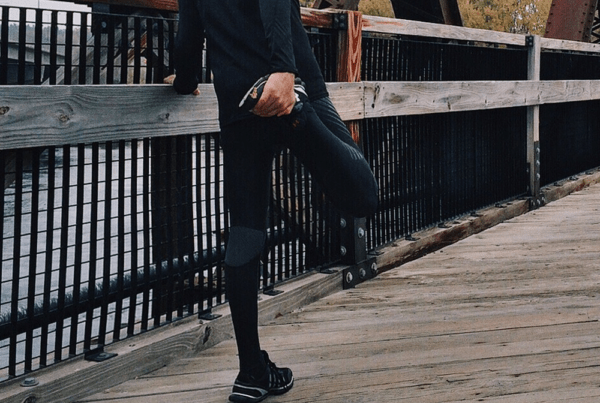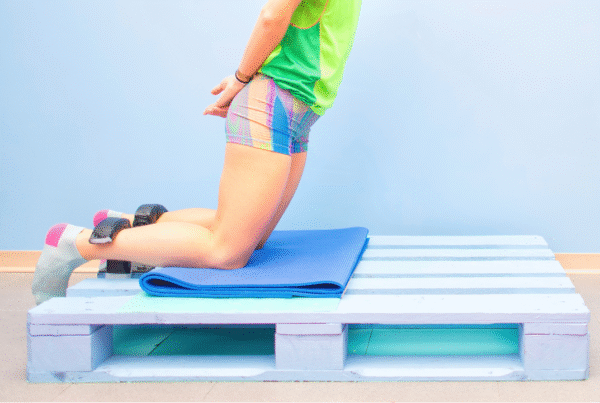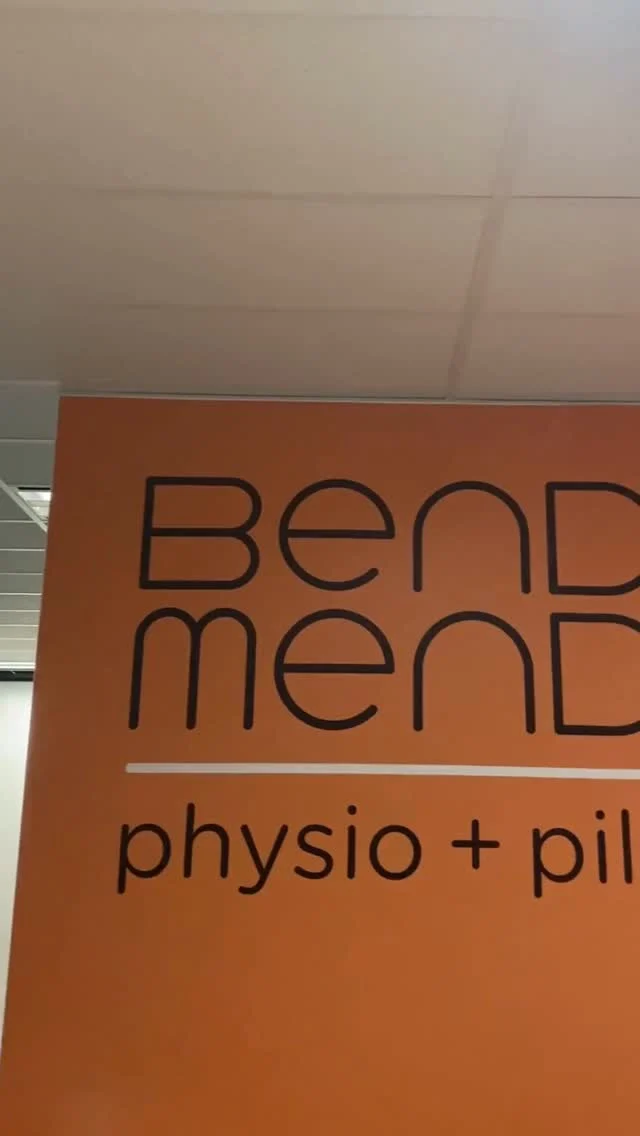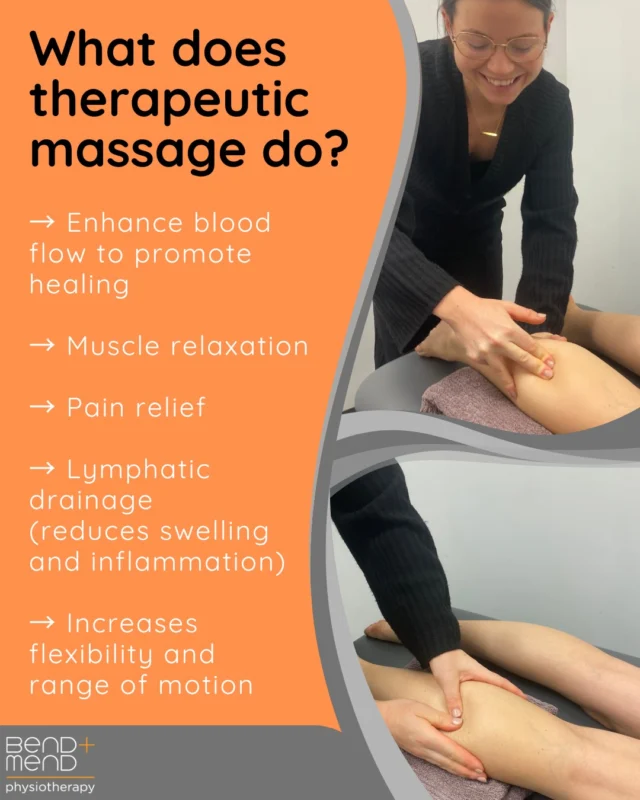Physiotherapy is an evolving profession where new evidence emerges each year that introduces and progresses therapy for patients.
Old school treatment of heat packs, ultrasounds, and advising patients to rest, has been replaced with directional manual therapy, specific exercise progressions, and education to help people understand their concerns and achieve their goals faster.
This evolution in Physiotherapy is driven the Physio’s self-interest to provide best possible care, and the industry standard of Continuous Professional Development (CPD). CPD requires that Physiotherapists keep up to date with new knowledge techniques and development related to our practice. This ensures that we as practitioners maintain our efficacy and knowledge to provide the best treatment for our patients.
Continuing education can consist of a range of learning activities to educate Physios, expand knowledge, and give us an opportunity to study new and interesting topics. There are different ways we can participate in CPD from courses to article review and peer to peer learning.
Professional Development Courses provide in-depth educational opportunities that typically include practical components. This in-depth study will specifically examine a certain area of interest such as acute knee injury in sport, treatment of headache or differential diagnoses for hip pain. These courses are an excellent way to dive deep into a topic and emerge with a great expertise.
Physios can also part-take in shorter online education. One topic I found interesting was a recent lecture on pelvic pain and the emerging role of Women’s Health Physiotherapy in its management. This provides Physio’s with a more bite sized topic or simply provide a quick refresher on new research to enhance their current skills.
Another pathway of CPD is through journal article review. Physiotherapists are known to consume topics from the most recent research to be across the current evidence. Articles like “Correlation between gastrocnemius tightness and heel pain severity in plantar fasciitis” or “Does load management using the acute: chronic workload ratio prevent health problems?”, give the Physio information about current evidence so we can best apply it to our patients.
Physiotherapists can also partake in peer-to-peer learning. This is where members of a team take turns choosing educational topics, research and presenting it to their fellow Physiotherapists. This is a fun and effective way to cover a range of topics and solidify information. We are a big fan of this at Bend + Mend with each Physio presenting to their colleagues on a regular basis.
Finally, Physio’s who work alongside Titled Physiotherapists, who have done further tertiary study in a specific area, also have the advantage of one-on-on learning with their mentor. Our Partners here at Bend + Mend provide this to all our Physio’s to expand our knowledge and expertise and challenge our ideas.
Physiotherapy continues to grow in its reach and ability to help people overcome injuries and pain. This involves practitioners to keep their knowledge base ever growing. At Bend + Mend Physiotherapy each physio partakes in all forms of CPD to provide our patients with the most current evidence and treatment.





